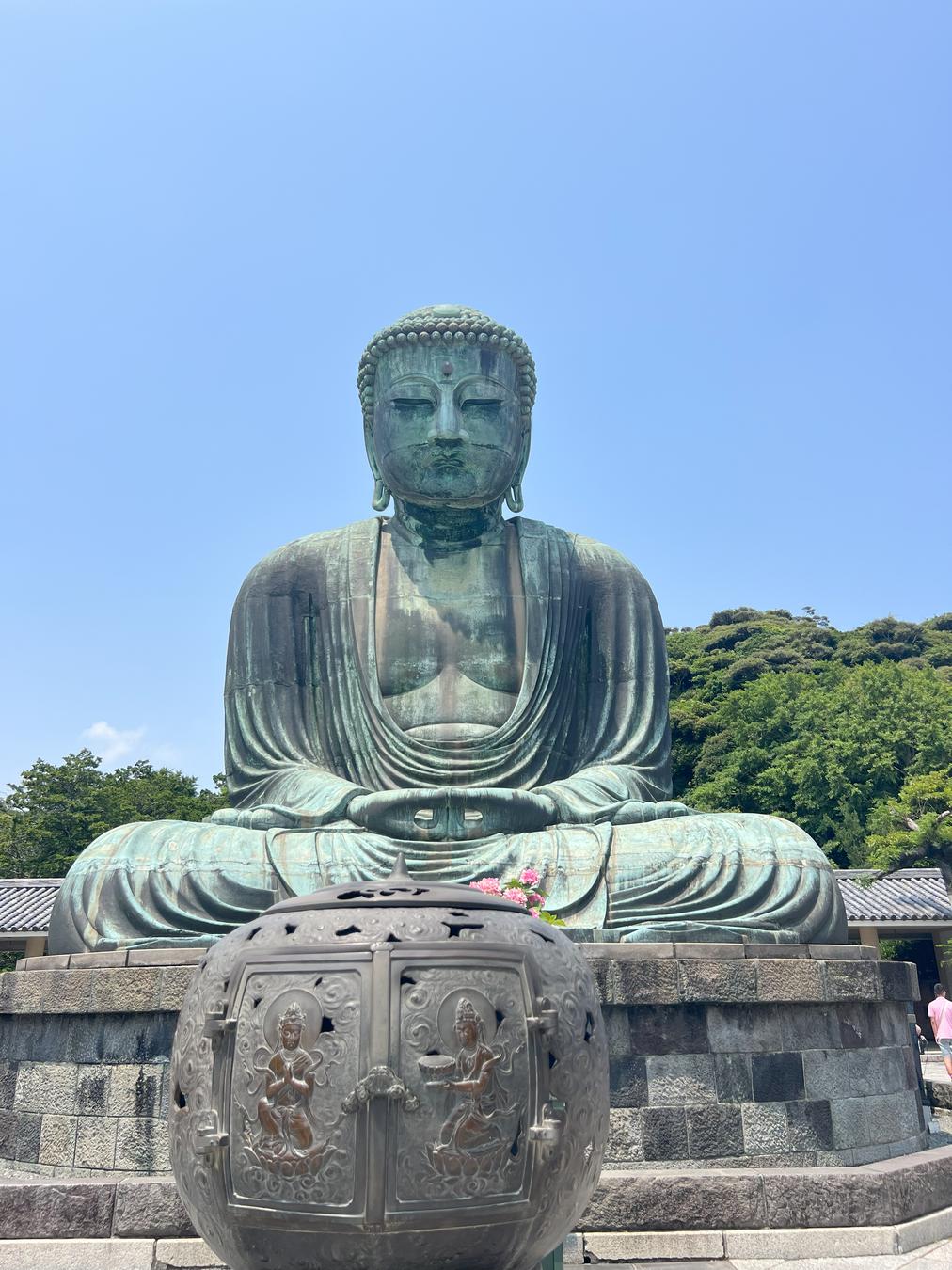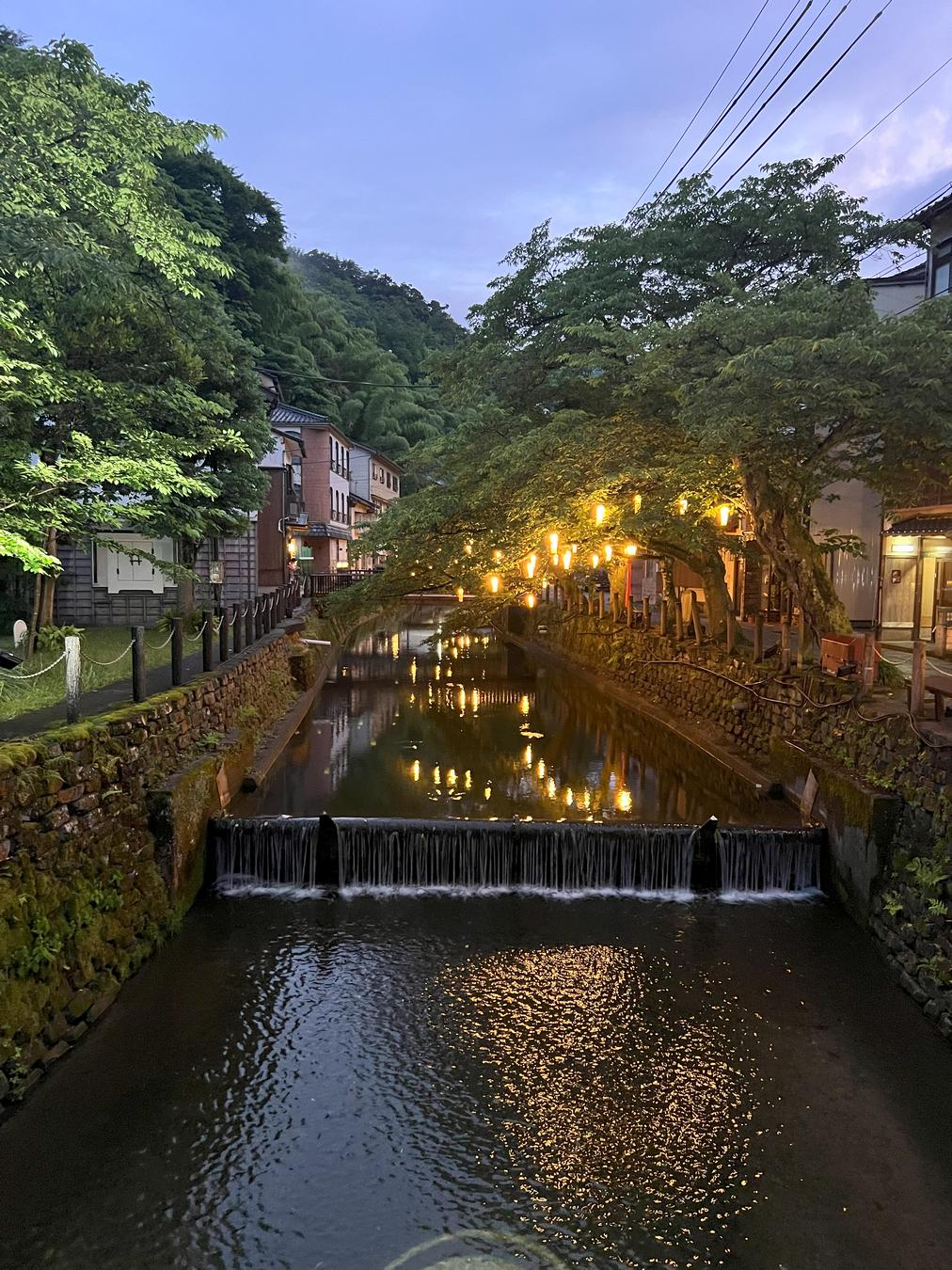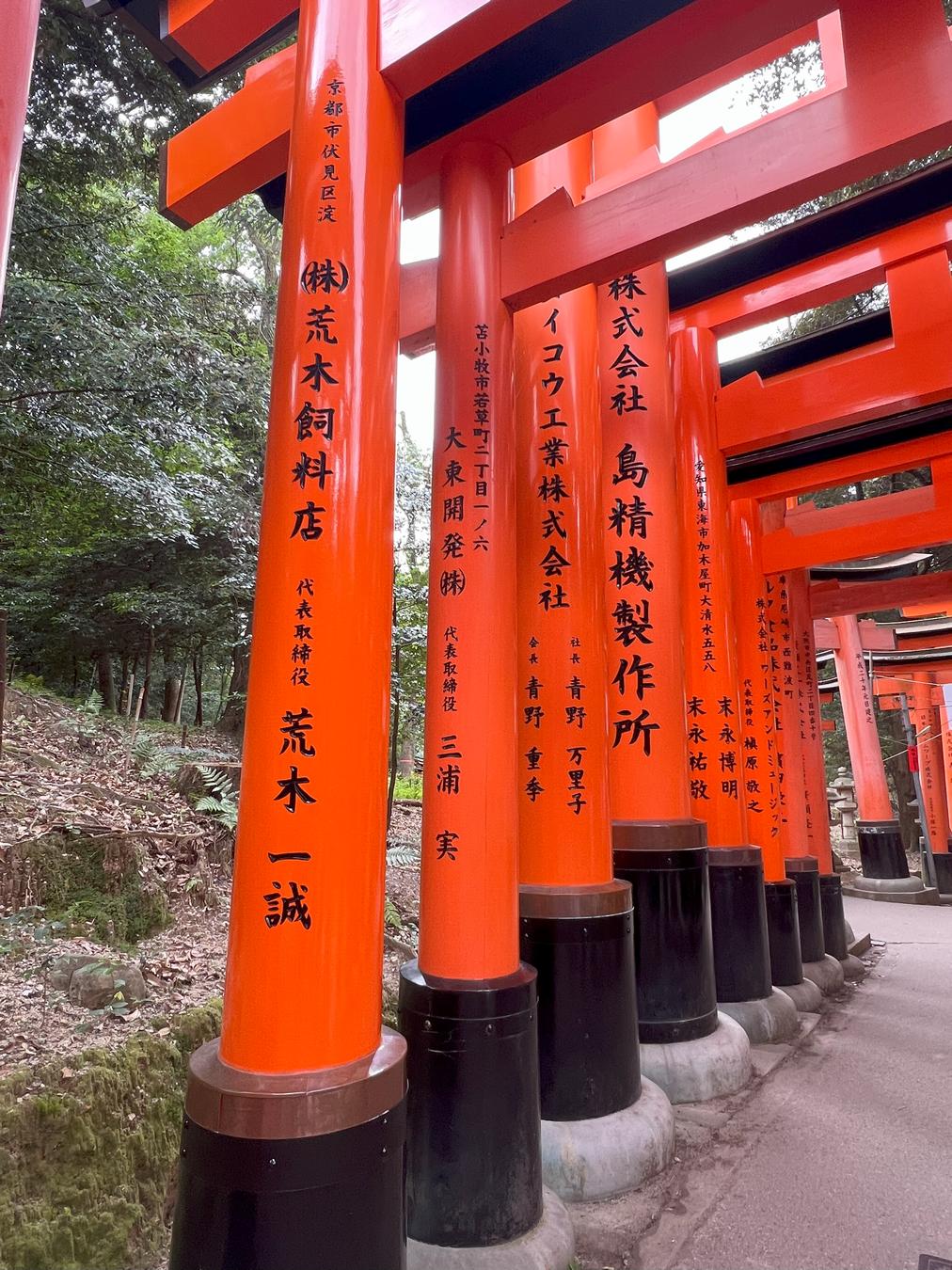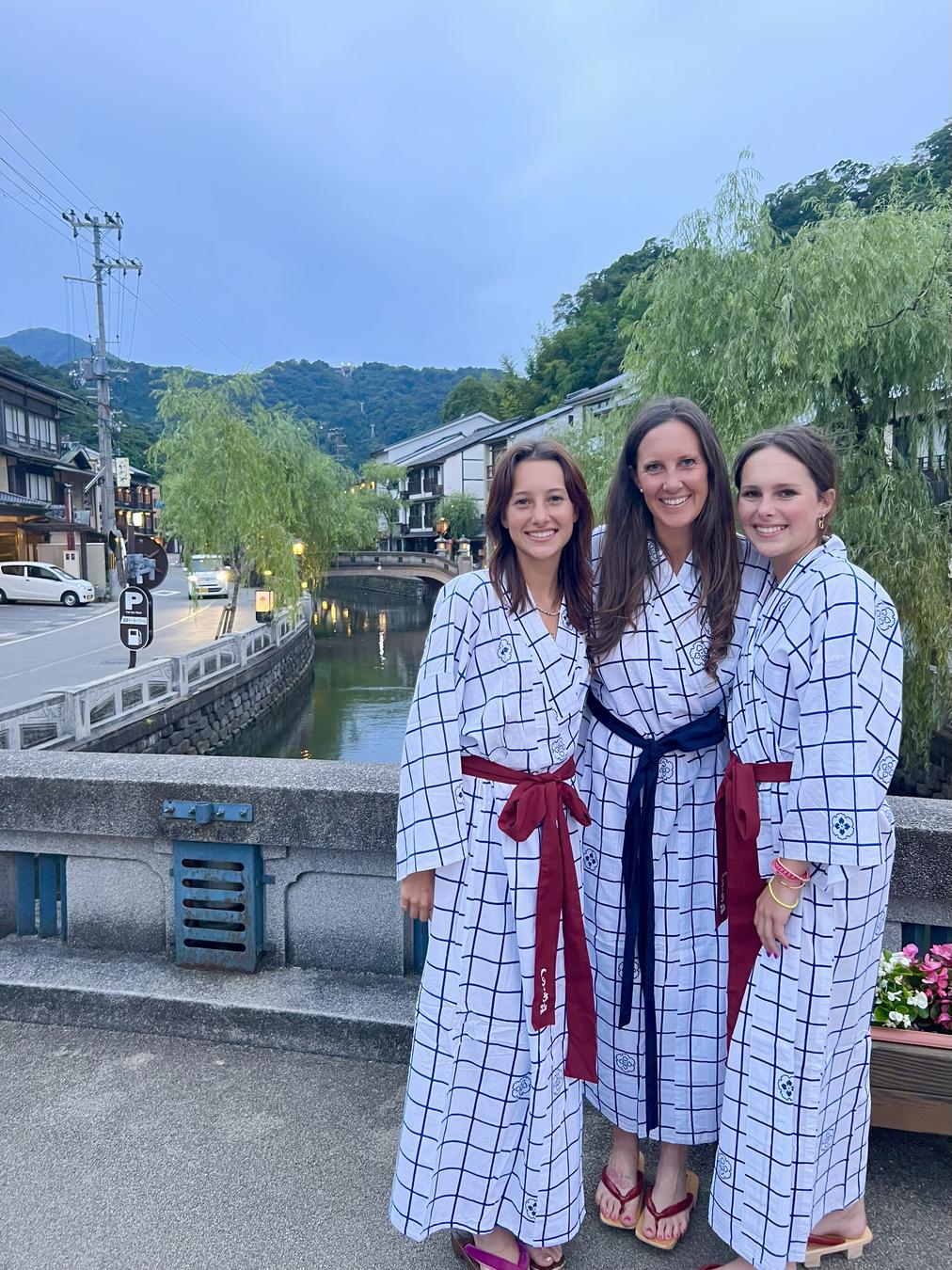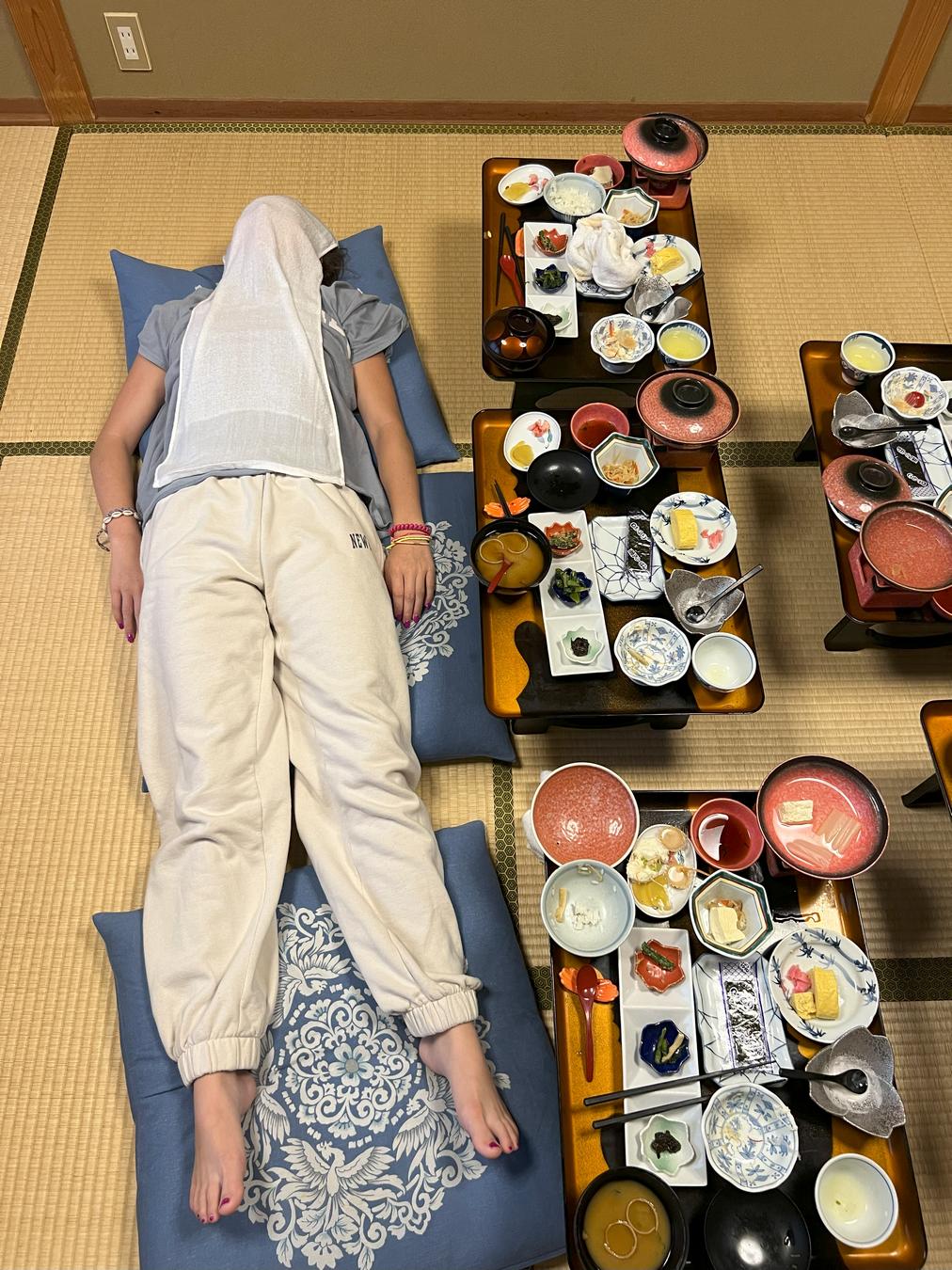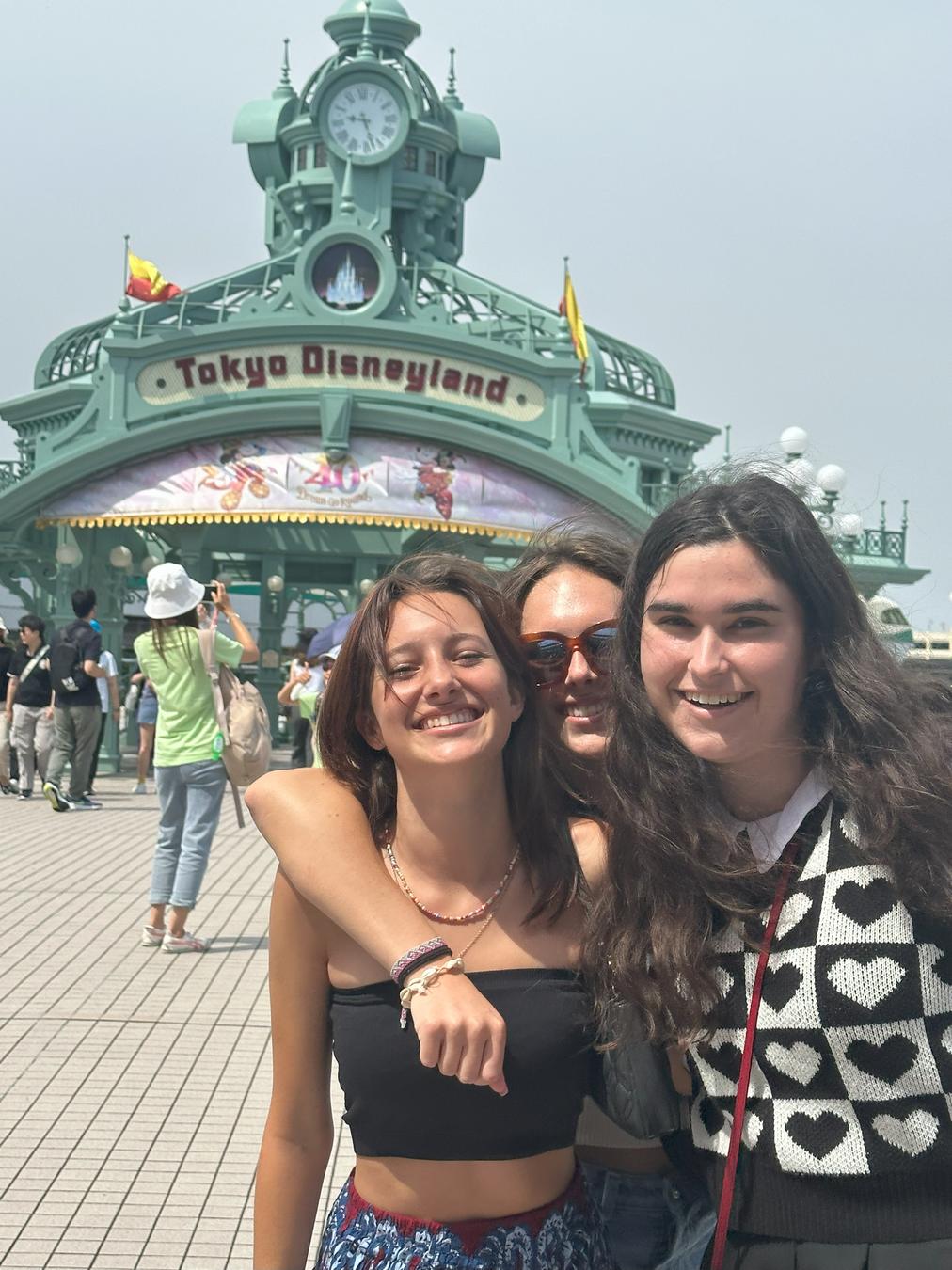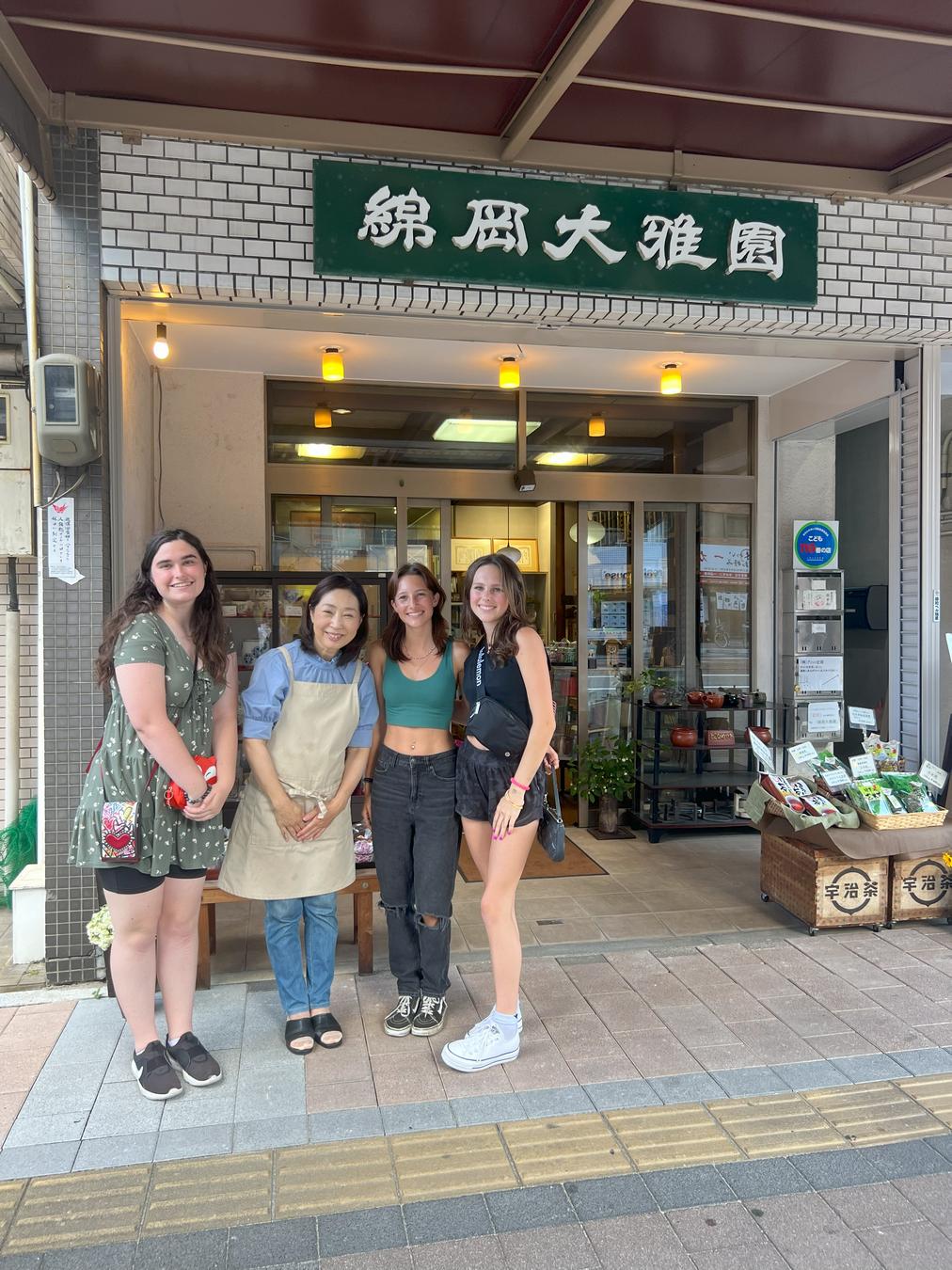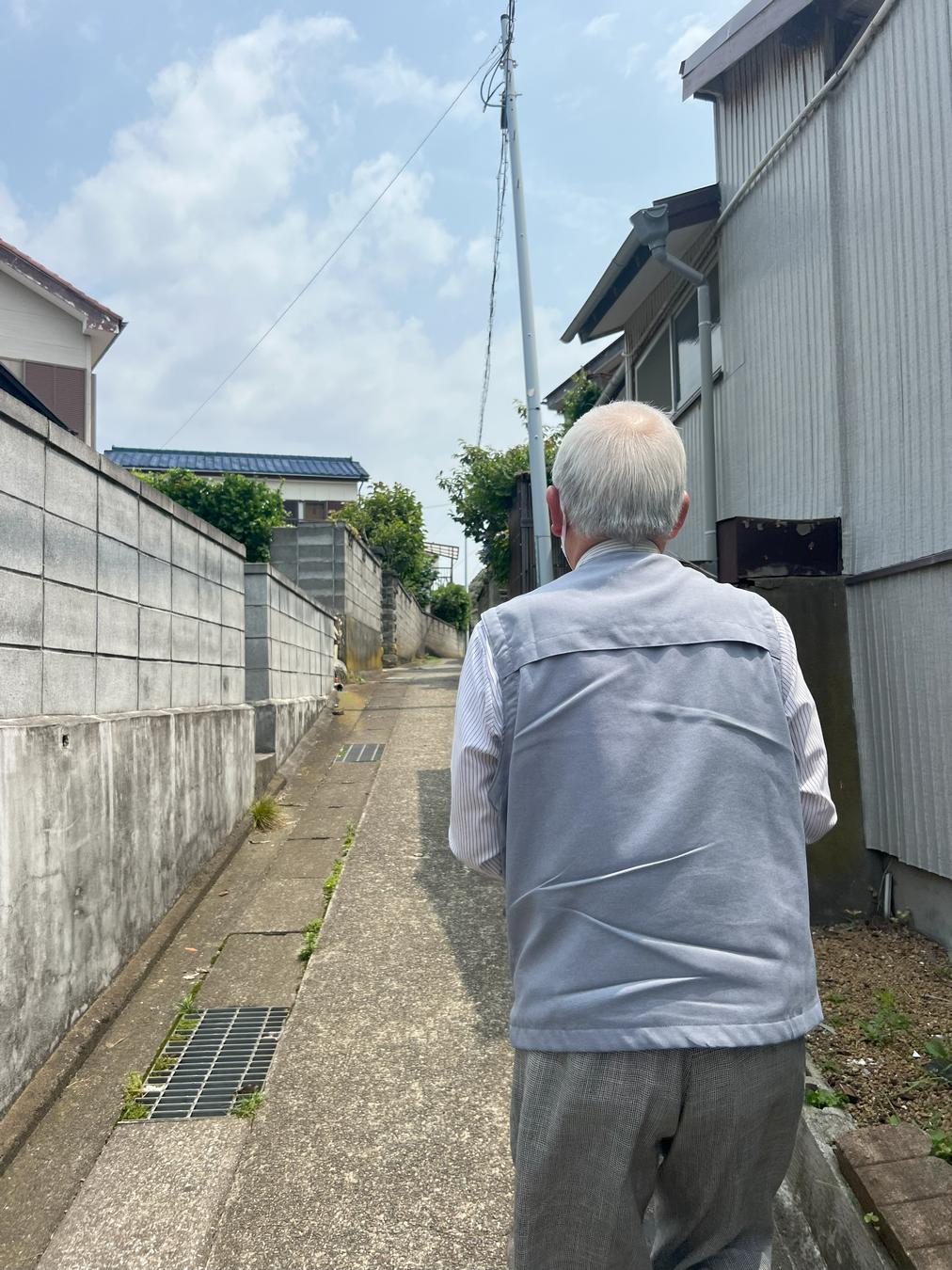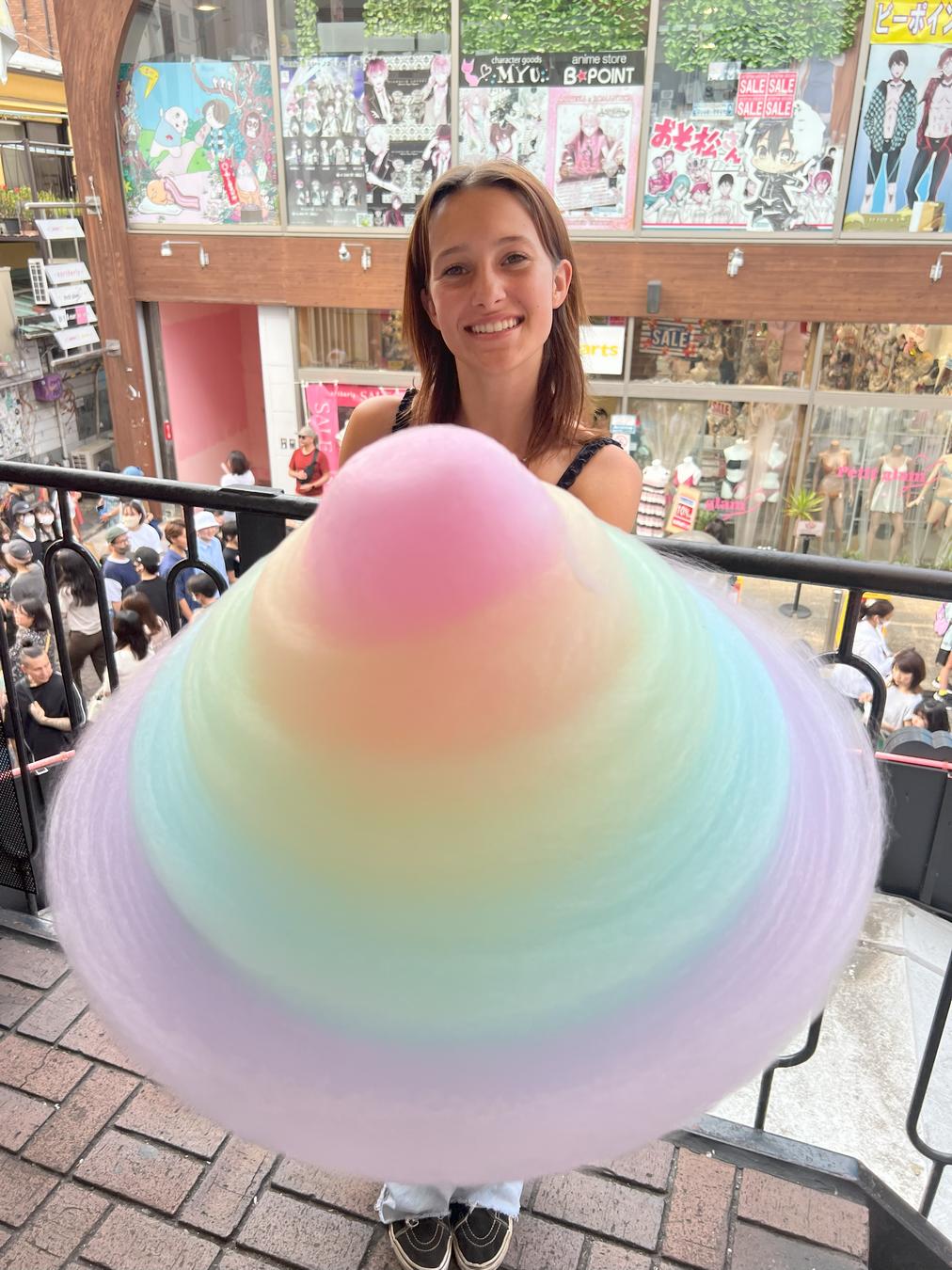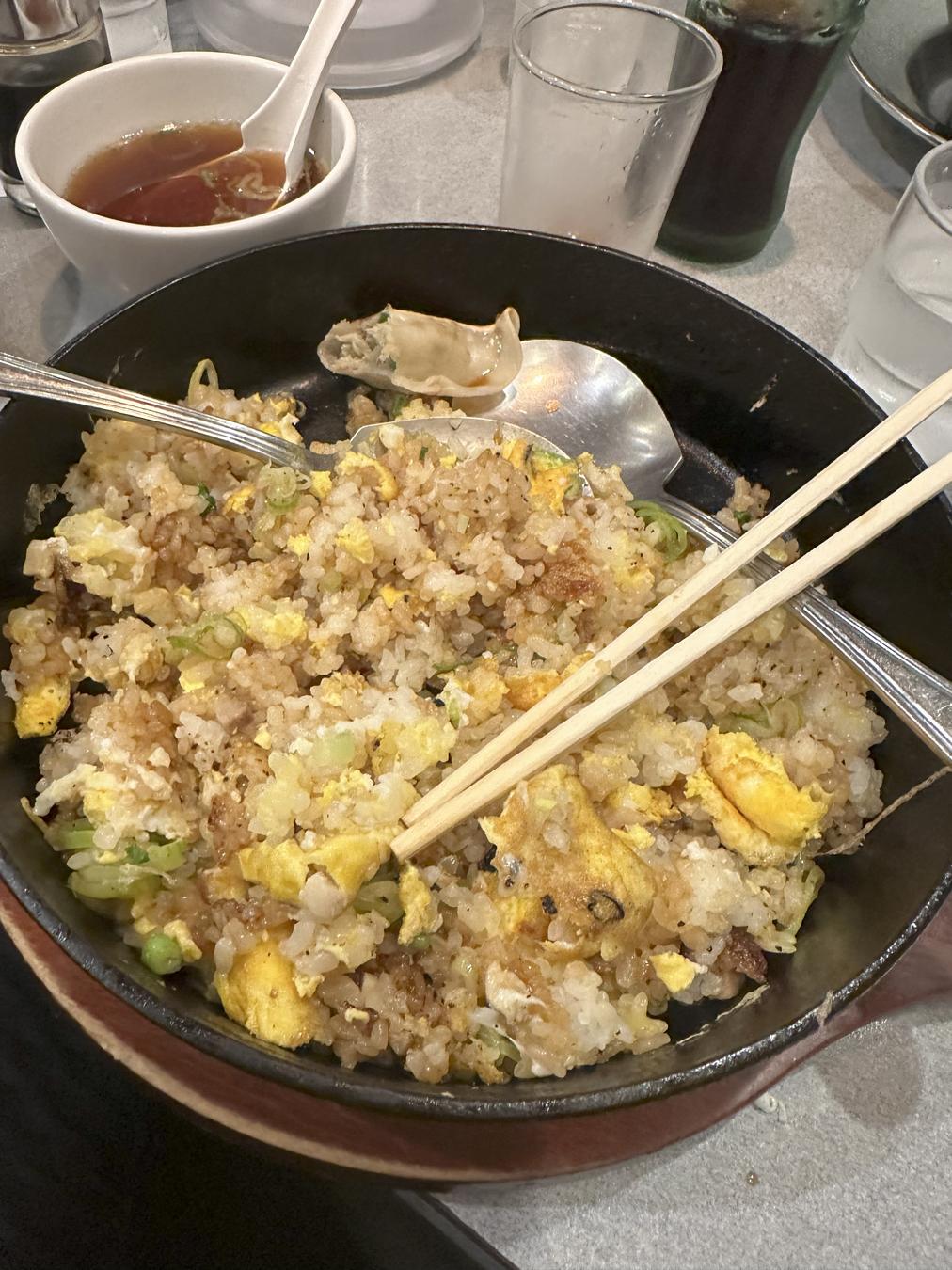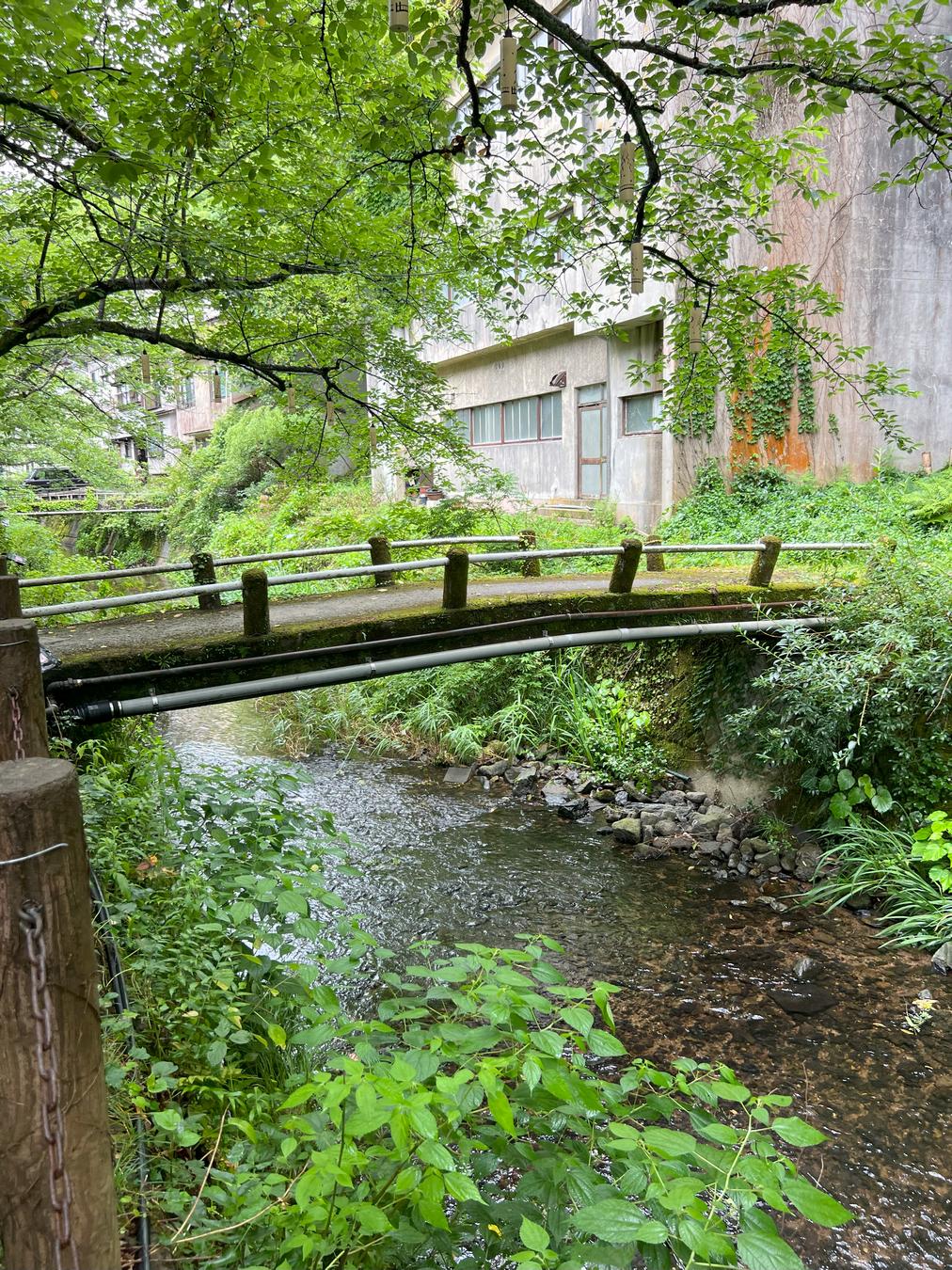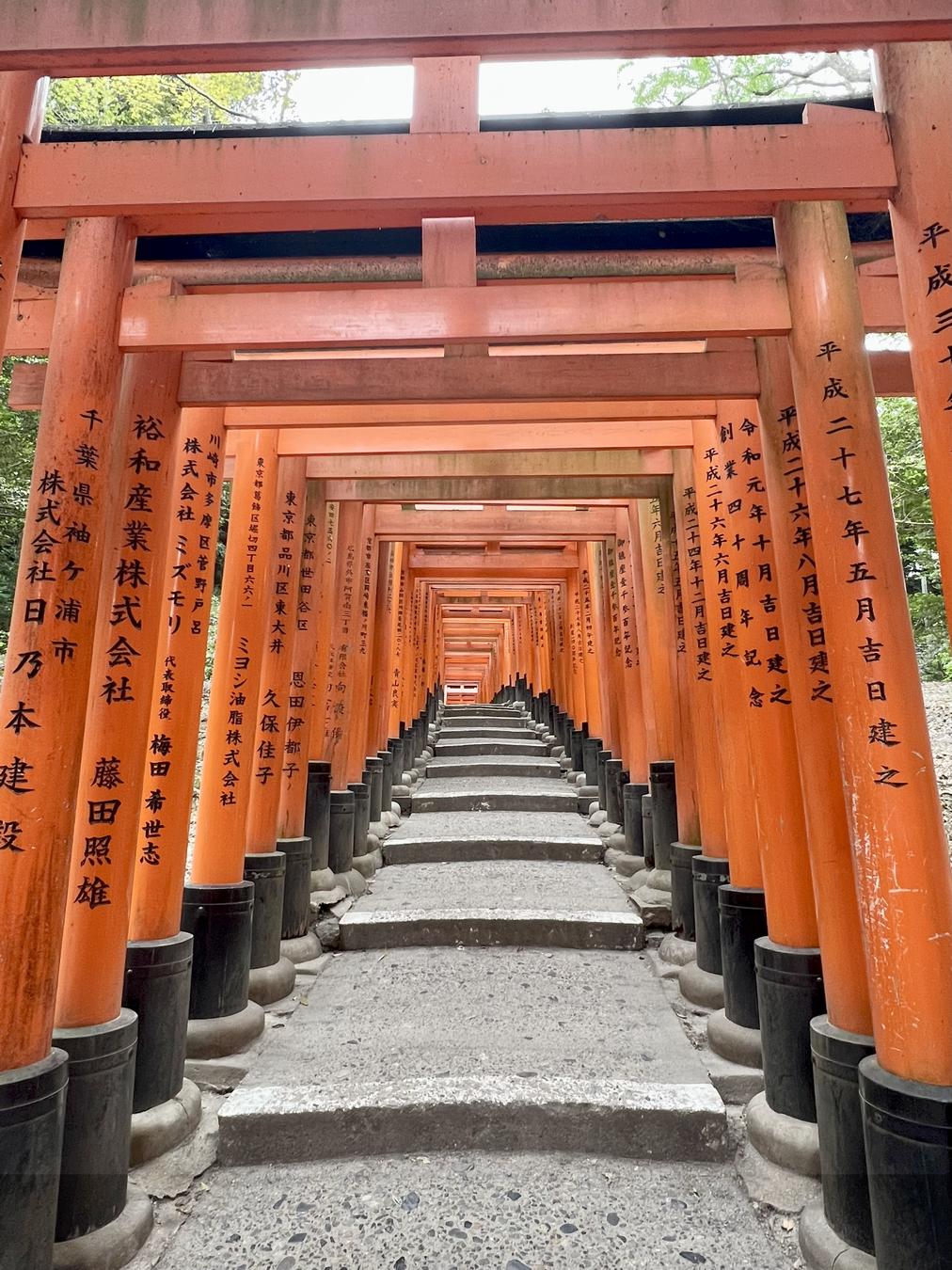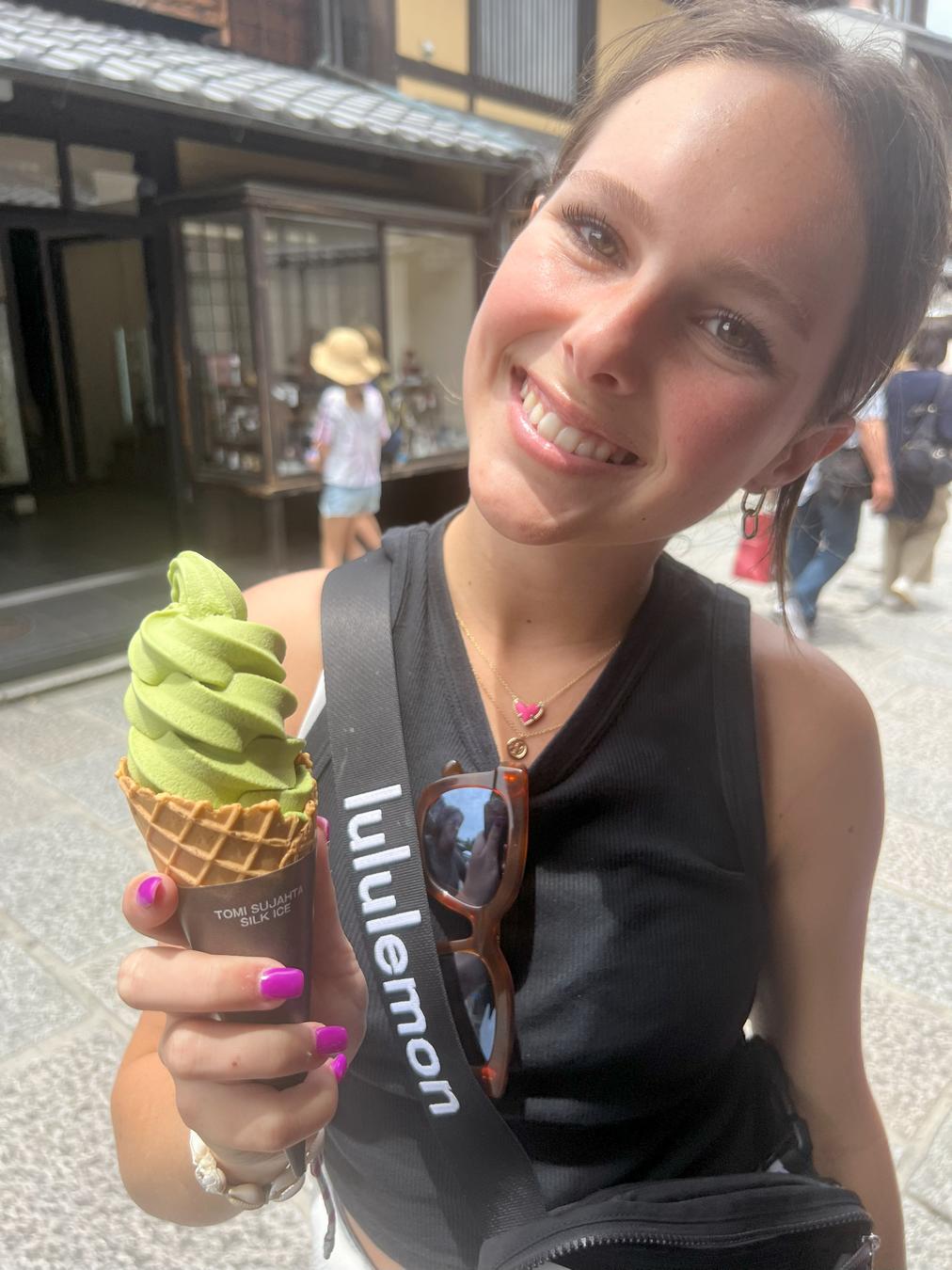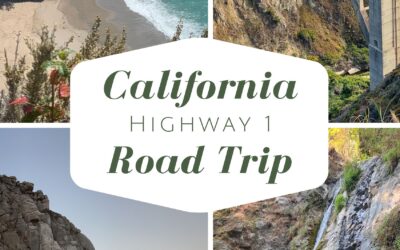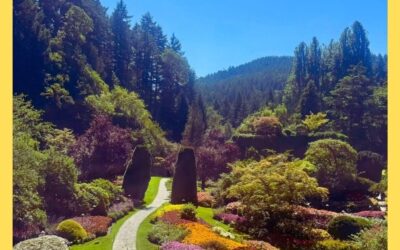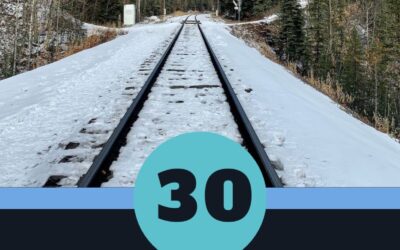A Quest in Yokosuka, Japan
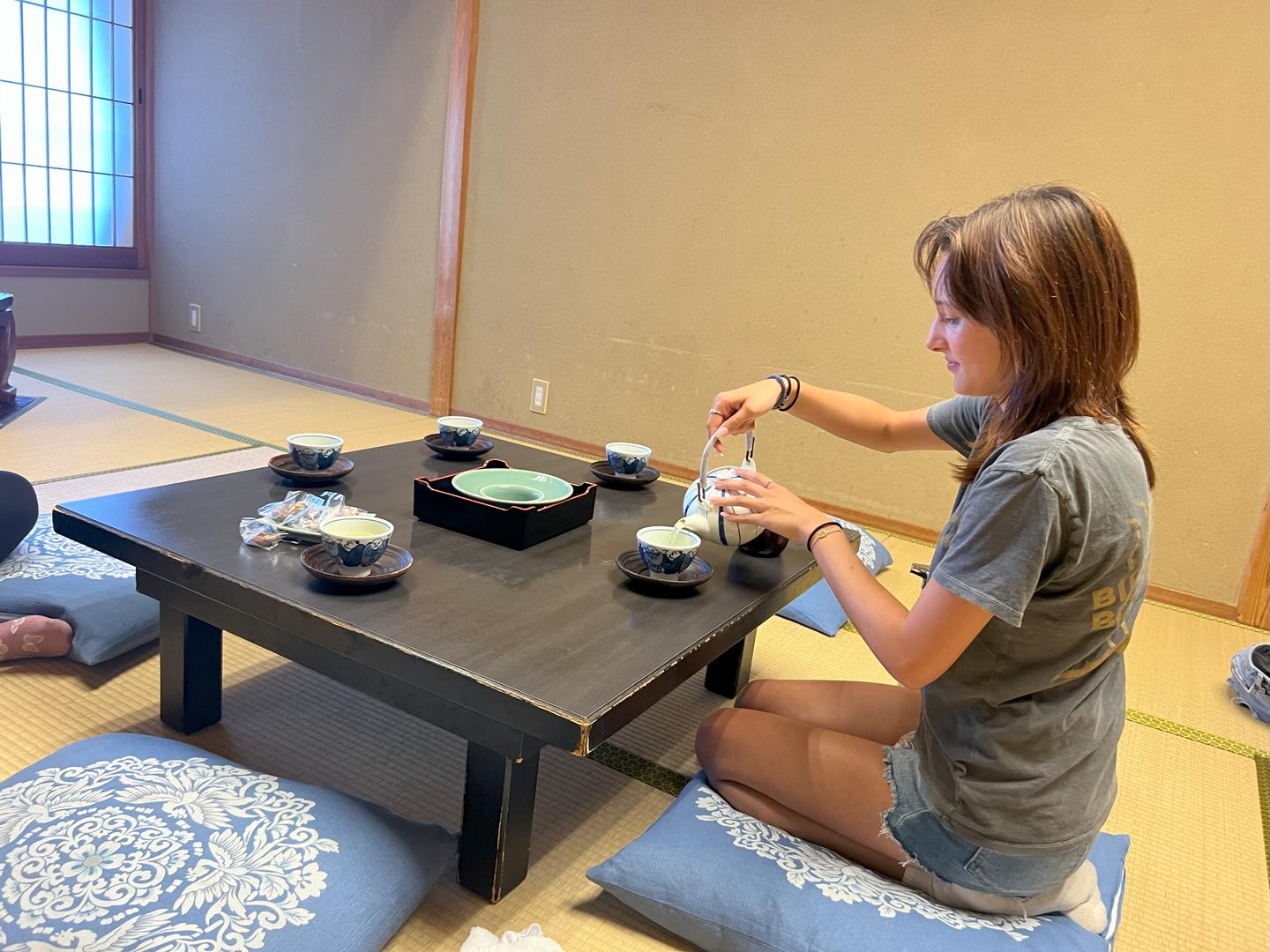
Many times, profound and impactful experiences shape who we are. It can be a cultural, religious or spiritual experience. It can be giving back or serving others. It can be a festival or convention with like-minded people, being alone in nature, participating in something bigger than oneself, or sitting on a surfboard in the waves. Whatever it may be, those personal and significant memories give meaning to life.
Something I love about travel is the opportunity to have impactful experiences one may not have in their daily bubble. Of course all travel brings an experience, positive or negative, but I think the really profound moments are what fills my bucket when traveling.
One of my favorite profound and impactful memories was the experience I had in Yokosuka, Japan.
The Location
First, lets talk about Japan. Its one of my favorite countries because its beautiful, clean, well organized and the people are fantastic. Everyone is kind, and even if they don’t want to be nice to you, its part of the culture to at least be courteous, which makes it seem like everyone is kind. I think for the most part people are more friendly and more patient than other places in the world. This becomes even more pronounced the further you travel from the busier cities. Towns and places off the beaten tourist paths have an added layer of accommodating locals and magnified untouched beauty.
Yokosuka is a city on the coastal peninsula south of Tokyo and regionally close to the more heavily trafficked area of Kamakura. The landscape is stunning with dramatic ocean cliff sides, lush rolling hills and small villages with beaches dotting the coast. It is also home to the United States Fleet Activities.
The History
I wanted to visit this region because my grandfather was stationed at the afore mentioned base when he was in the Navy in 1963, and my mother was born in a small fishing village nearby called Ashina. I had heard so many stories of my grandparents’ adventures in Japan with their newborn baby girl, and it always interested me to try and visit the place of their stories. When my mother passed away, it felt like a nice way to reconnect with her memory, by visiting the place she was born.
Japan’s early history was operated on a feudal system until the Meiji Restoration in 1868, which reintroduced Japanese people to the outside world. Japans newfound power in the world led to military expansionism during World War I, and a resurgence of those policies in World War II. Following Japans defeat in 1945, the Allies occupied Japan until a new constitution and parliamentary democracy was introduced in 1953. In the 1960’s, Japan was experiencing major economic growth, but the older generations still remembered the not-so-distant past of American occupation and the catastrophic atomic bombs. At the time, the reception of Americans by Japanese people was a mixed bag of welcome and acceptance mixed with distrust and resentment. My grandparents were barely 18 when they left a small town in rural Texas and moved to Japan. I can imagine it was quite a culture shock for them!
A short while after being stationed in Japan, my mother was born to her young parents, who were pretty much alone in a strange country with no idea what to do with a baby. The locals were kind but neither spoke each others language. One day there was a big snow storm in the area, and my grandparents were forced to walk home in the snow with my mom, so they wrapped her up tight in blankets and carried her along. The old ladies in the local shop had a fit when they saw the baby being smothered by blankets! The small family had a quiet life in the fishing village watching my mom grow into an adorable toddler with white blonde hair and clear blue eyes. I loved those stories and I was looking forward to the idea of finding their past.
“Following Japans defeat in 1945, the Allies occupied Japan until a new constitution and parliamentary democracy was introduced in 1953. In the 1960’s, Japan was experiencing major economic growth, but the older generations still remembered the not-so-distant past of American occupation and the catastrophic atomic bombs.”
The Quest
I knew when planning our trip to Japan I wanted to save a day to track down this fishing village, even though I knew it would be complicated. We took the train from Tokyo to Yokosuka, which took about an hour and was the second to last stop on the train line (We went to the last stop but it was a ghost town with no taxis so we backtracked one stop in hope of finding a cab). This part was easy. Next, I started begging some taxi drivers for a ride. Unfortunately, I don’t speak Japanese and these locals did not speak English. Also, we had 5 passengers- myself and my oldest two daughters along with my good friend Ronda and her daughter- and a taxi only fits 4 passengers. So we needed not one- but two taxi drivers to buy into my crazy idea. With some good luck and a lot of google translate, we found one kind old man to agree to drive us 30 minutes over the mountain to the small town of Ashina where my mother was born. He even got out of his cab and convinced the other less enthusiastic driver in the lot to caravan with us with the other part of our group. We loaded up and started the trek.
I loved the views of the surrounding area which seemed half frozen in time. On the way, we proceeded, with Google Translate, to have a broken conversation with our driver about my grandpa being in the Navy and the early history of our family. He seemed to understand and was interested in the connection.
Finally, we crested the last green hill and found the (still) tiny fishing village laid out before us in a small valley leading to the sea. We parked right in the center of the village on the coastal road and I walked out on the beach and made a FaceTime call to my grandparents. I showed them the beach and they started tearing up, saying, “that’s it, you found it, it looks exactly the same! And see that storm drain right there, follow it up the hill about 100-200 feet and that was where our house was” So we proceeded to wander around the little streets on FaceTime, searching and laughing. Our driver joined in on the phone call and my grandparents thanked him for his participation, and he got tears in his eyes as well. Then, it got even sweeter when he started enlisting some locals in our hunt alongside of us! Pretty soon we had about 25 people gathering and talking and laughing and running around on the hilly twisty alleyways trying to find their little white house. In the end, we concluded that after 60 years of construction and unpredictable weather, the house no longer stood in the town. But the beach, the little store where my grandparents were scolded, the main coastal road and the quaint feeling of the village were the same. I could feel my mother with me in the energy of the place.
I felt like even though we didn’t find the house, the day was a success. My oldest daughters and I got to see the village together and complete a connection I had with my mothers memory. We also got to share the experience with my grandparents and our new and old friends. My bucket was full when we finally waved goodbye to Ashina. As we picked our way back across the mountain our cab driver put another message into Google Translate: “Thank you for giving me this opportunity today and sharing this experience with me”. I don’t know who cried harder after that- myself or my guide. I was so touched that he, a perfect stranger, found the experience as profound as I had. He took us past the military base for context and soon dropped us back off at the train terminal. Just a couple of hours later but it felt like a lifetime had passed. Even our grumpy second taxi driver seemed softened by the events of the day. I took a few minutes to compose myself down by the water before we boarded our train and moved along. But I will never forget the compassion and hospitality of the people we met that day.
It strikes me that a people that could harbor major resentments towards us as Americans for the shared history of conflict, instead choose forgiveness. Grace. Kindness for strangers on a quest. Its beautiful and so very profound. And I will be forever grateful.
Related Articles
California Highway 1 Road Trip
California is one of the most beautiful states in the USA, with such diverse offerings. You can be surfing and skiing in the...
Girls Weekend: Victoria, Canada
Being on a trip with a friend is a different kind of reset that resonates with the soul. Close friendships harbor loyalty;...
Alaska Bucket List: 30 Adventures to Discover
Alaska is the largest state in the United States of America and about 1/3 of its land is in the Arctic Circle. With only 20% of...

